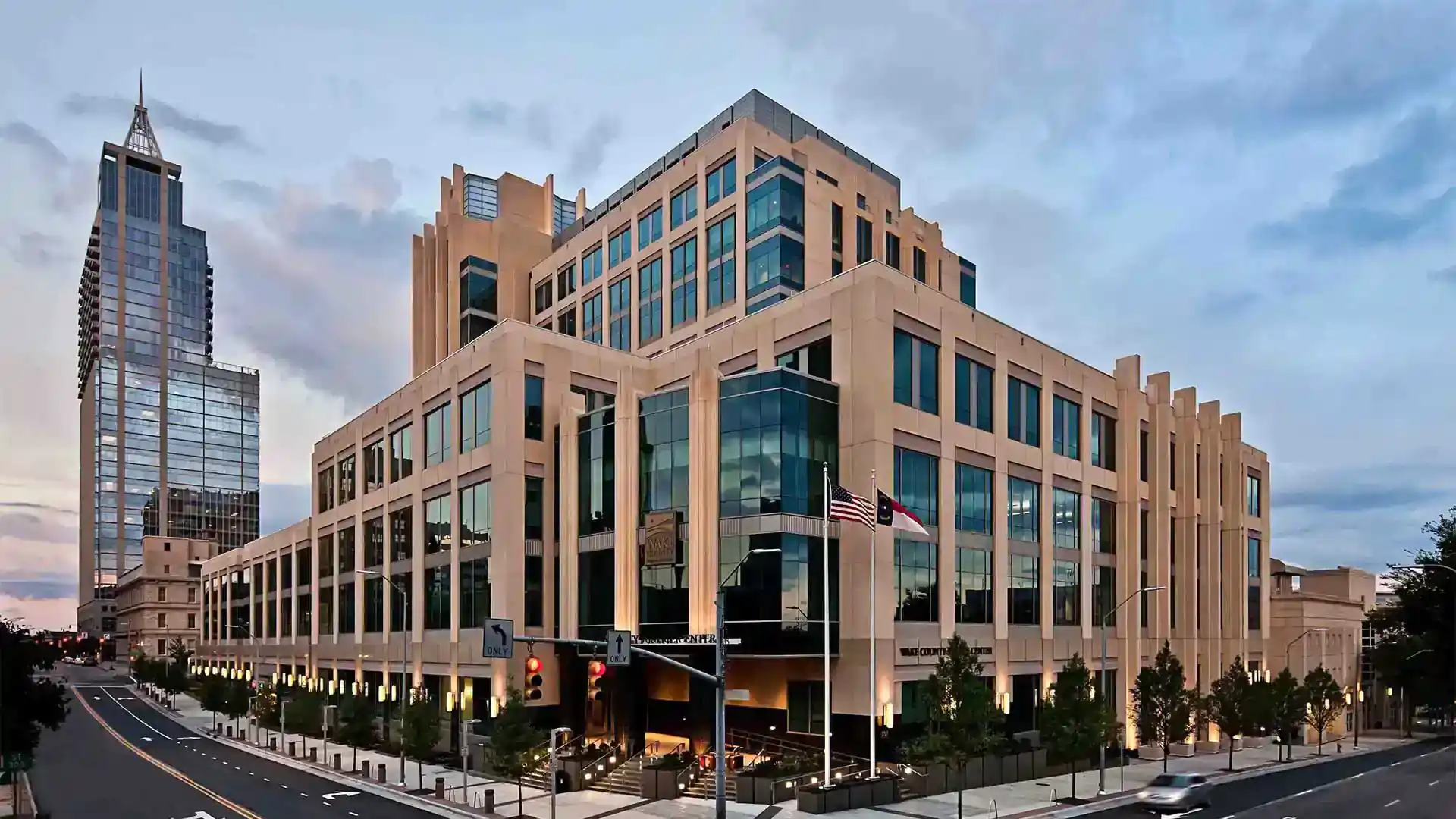
Uber & Lyft Accident Lawyer in Wake Forest
Have You Been Involved in an Uber or Lyft Car Accident?
Over the past few years, travelers across the United States have traded in traditional taxi services for ridesharing services like Uber and Lyft. With just a few clicks on their smartphones, people can have an Uber waiting for them in minutes.
Despite their convenience and popularity, both of these ridesharing services have been the subject of many legal questions. Just as with a taxi or any other mode of transportation, accidents happen. If an accident happens when you’re using Uber or Lyft services in Wake Forest, it’s important to know who is legally responsible and what your rights are as a passenger. If you have been involved in an accident while using a ridesharing service, you can count on our Wake Forest law firm to explain your rights.
Legal Questions Regarding Ridesharing Services in Wake Forest
Uber drivers face much less government regulation compared to taxi drivers. Almost anyone with a car and a driver’s license can become an Uber or Lyft driver. But taxi drivers are required to get permits, special licenses, and get more expensive auto insurance.
With far less red tape, what happens when Uber or Lyft drivers are involved in a car accident? Our Wake Forest personal injury attorney is here to sort through the issues.
Who is Held Responsible in Uber and Lyft Car Accidents?
When an Uber or Lyft vehicle is involved in an accident, someone needs to be liable. But these types of accidents can get tricky. The driver is usually the one who assumes liability. Many times, the driver’s insurance policy is not enough to cover injuries. This is why many victims have begun to file lawsuits against rideshare companies.
Rideshare companies may try to avoid responsibility for accidents that are caused by drivers, claiming they are “independent contractors” and not actual employees. Uber and Lyft currently have a $1 million insurance policy that covers drivers and passengers who are hurt in car accidents. These policies provide compensation for medical costs, injuries, and deaths under these circumstances:
- If a rideshare driver was hurt in an accident caused by another driver
- If a rideshare passenger was hurt inside the vehicle
- If there are other drivers or bystanders who were hurt in accidents with a rideshare driver behind the wheel
Uber and Lyft also require all drivers to have state-mandated minimums for their personal insurance coverage. Lyft’s million-dollar policy only kicks in when the driver’s insurance doesn’t cover the costs of the accident or if the driver was in the process of transporting a fare when the accident happened.
Questioning who is liable for an accident involving an Uber or Lyft driver has been an ongoing controversy. In San Francisco in 2013, a 6-year-old girl was killed when an Uber driver collided with her and her family while they were walking across the street. The driver of the car was not transporting a paying customer at the time, but he was logged in to the Uber app and was in between rides. Uber’s insurance company denied coverage to the victims, claiming it did not cover drivers between rides.
The family had more than half a million dollars in medical bills. But, in California, drivers are only required to carry bodily injury liability coverage of $15,000 per person or $30,000 per accident. This was clearly insufficient coverage to pay the victims’ expenses, so the family filed a wrongful death lawsuit, claiming the driver was distracted when he hit the victim. This sparked the debate about what these companies can even call themselves.
Are Uber and Lyft Transportation Companies or Technology Companies?
Uber has argued that it is a tech company and not a transportation company. They claim they offer an open marketplace and should not be held responsible for the actions of third parties that use their service.
Although the debate continues, Uber and Lyft currently have their own classification as Transportation Network Companies (TNCs). The laws governing these companies are still being clarified.
When is Uber or Lyft Liable for Damages?
While the laws surrounding TNCs continue to change, there are currently three different scenarios when their insurance provides coverage.
- If you are an independent contractor (driver) and have logged in to the app, but you haven’t accepted your first ride, you have what is called contingent coverage. This means that your personal insurance coverage is the first line of defense in an accident, but the TNC will provide coverage if your personal insurance is nullified. Your insurance company wants to take on as little risk as possible, so they may deny coverage when they find out you drive for Uber as a side job. Your TNC must provide a minimum of $50,000 per person or $100,000 per accident for injuries and an additional $30,000 for property damage.
- If you have accepted a ride, but have not picked up your passenger yet, the coverage is still contingent, but the amount of coverage increases. TNCs must provide $1 million in coverage for bodily injury or death and an additional $1 million for uninsured or underinsured motorist coverage.
- If you have picked up your ride and your passenger is in the car with you at the time of an accident, the coverage is the same as in the second scenario.
Can Use of the Uber or Lyft App Contribute to Negligence?
This is a question that is often examined because we all know that all apps can be a distraction when driving. Ridesharing apps will often alert drivers with push notifications and sound effects when there is a potential customer nearby who needs a ride. Since drivers are competing for fares, many will jump on the opportunity. This may mean the driver takes his eyes off the road to respond to the app. This can be considered dangerous and deserves attention if there is an accident.
What To Do If You Are Injured in an Uber or Lyft Accident
If you or a loved one were injured in an Uber or Lyft-related accident in Wake Forest, there are several steps you should take after the accident. The first step is to seek medical treatment on-site. Some injuries are not immediately apparent. Waiting to get treatment may cause additional harm that could have been prevented with prompt treatment.
You may also have trouble tying your injuries to the accident if you wait to seek treatment. A medical bill from the day of the accident has more weight than one from three months later. Be sure to contact the police so that the accident is documented. This will help you down the road if legal action is taken.
The laws surrounding Transportation Network Companies can be complex because they are constantly changing. This is why it is important to contact a dedicated Wake Forest personal injury law firm like The Doyle Law Offices P.A. For over 25 years, helping injured clients in Cary, Raleigh, Apex, Holly Springs, Wake Forest, and across North Carolina get the compensation they deserve.

